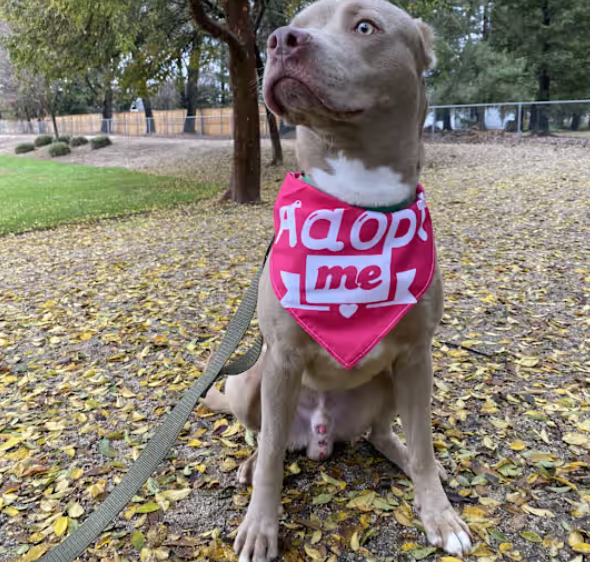As our beloved canine companions age, they require special attention and care to maintain their health, comfort, and quality of life. Senior dogs, typically those over 7 years old (though this varies by breed), face unique challenges that require adjustments to their care routine. This comprehensive guide will help you understand how to provide the best care for your aging dog.

1. Understanding the Aging Process
Dogs age differently than humans, and recognizing the signs of aging can help you provide better care:
- Physical Changes: Graying fur, decreased mobility, changes in posture, and potential weight gain or loss.
- Behavioral Changes: Increased sleeping, reduced activity levels, possible disorientation, or changes in social behavior.
- Sensory Changes: Decreased hearing, vision problems, or reduced sense of smell.
- Cognitive Changes: Some dogs may experience cognitive dysfunction similar to dementia in humans.
2. Nutrition for Senior Dogs
Proper nutrition becomes even more critical as dogs age. Senior dogs have different nutritional needs:
- High-Quality Protein: Maintain muscle mass with easily digestible, high-quality protein sources.
- Reduced Calories: Senior dogs are often less active and may need fewer calories to prevent weight gain.
- Joint Support: Foods with glucosamine and chondroitin can help support joint health.
- Antioxidants: Vitamins E and C, beta-carotene, and other antioxidants support cognitive function.
- Omega-3 Fatty Acids: Support brain health, coat condition, and reduce inflammation.
3. Exercise and Mobility
While senior dogs may not be as energetic as they once were, regular exercise remains important:
- Gentle Exercise: Shorter, more frequent walks instead of long, strenuous activities.
- Swimming: Low-impact exercise that's easy on joints while providing good cardiovascular benefits.
- Mental Stimulation: Puzzle toys and training sessions keep the mind active.
- Comfort Modifications: Orthopedic beds, ramps, and non-slip surfaces to aid mobility.
4. Health Monitoring and Veterinary Care
Senior dogs require more frequent health monitoring and veterinary visits:
- Regular Check-ups: Bi-annual veterinary visits instead of annual ones.
- Blood Work: Regular blood panels to monitor organ function and detect issues early.
- Dental Care: Increased attention to dental health as problems become more common with age.
- Pain Management: Watch for signs of arthritis or other pain-related conditions.
5. Creating a Comfortable Environment
Making your home senior-dog friendly can significantly improve their quality of life:
- Temperature Control: Senior dogs may be more sensitive to temperature extremes.
- Easy Access: Provide ramps or steps to favorite spots like beds or couches.
- Non-slip Surfaces: Use rugs or mats on slippery floors to prevent falls.
- Quiet Spaces: Create calm, comfortable areas for rest and sleep.
6. Mental and Emotional Well-being
Don't forget about your senior dog's emotional needs:
- Consistent Routine: Maintain familiar schedules to reduce anxiety.
- Gentle Interaction: Continue socialization but respect their changing needs.
- Patience: Allow extra time for activities and be understanding of limitations.
- Quality Time: Spend quiet, comforting time together to strengthen your bond.